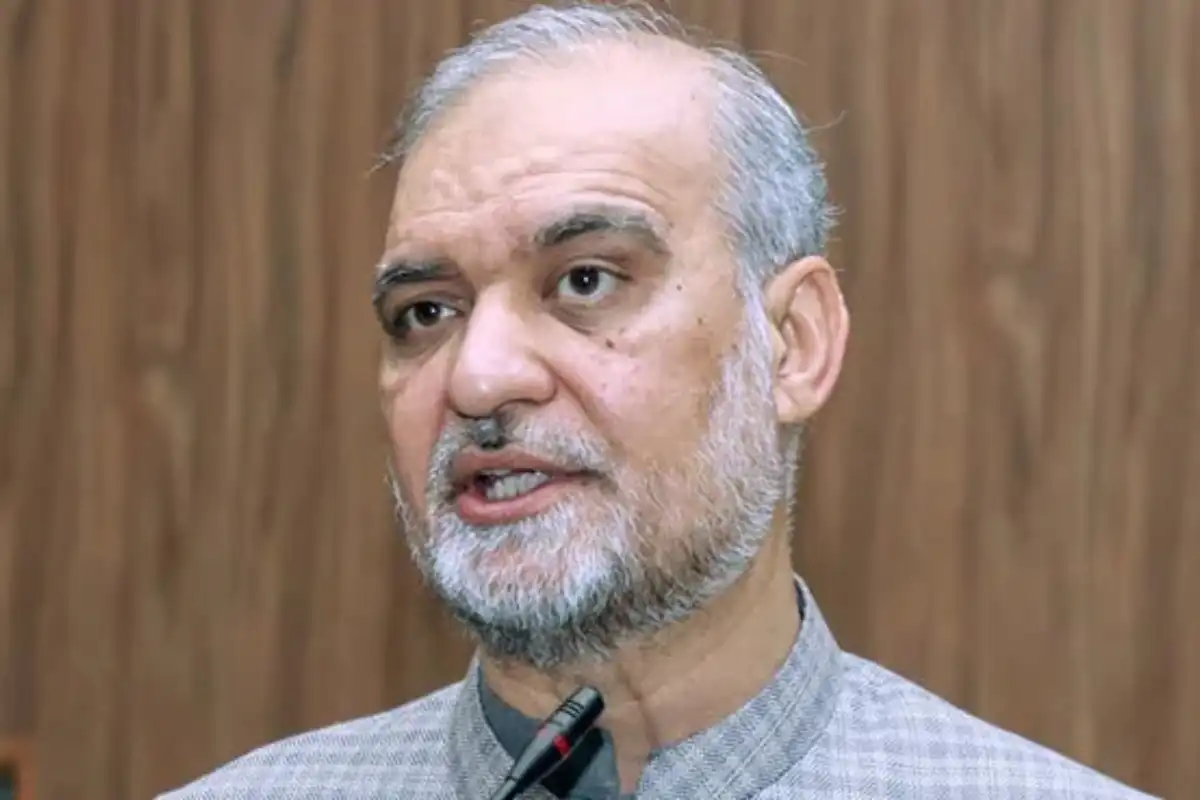Sustainable population management: A path to prosperity for Pakistan

Pakistan, the fifth most populous country in the world, faces significant challenges in managing its rapidly growing population.
Since 1953, the Population Welfare Department has worked to promote family planning and reproductive health. While progress has been made, cultural, religious, and economic barriers continue to hinder efforts.
Addressing these challenges requires a comprehensive approach that integrates education, healthcare, economic incentives, and community engagement. Sustainable population management is crucial for economic stability, social development, and improved quality of life for future generations.
Strategic Communication Objectives:
- Youth-Centric Family Planning: Enhance awareness and access to reproductive health services for young people aged 15-39 through education, media campaigns, and institutional engagement.
- Community & Religious Engagement: Work with religious scholars, community leaders, and families to foster cultural acceptance of family planning.
- Strengthening Healthcare Integration: Incorporate family planning services into maternal and child healthcare programs for broader reach and acceptance.
- Technological & Tracking Systems: Implement digital tracking systems to monitor family planning users and ensure the availability of contraceptive supplies.
Narr / Punch Lines:
- Pakistan remains one of the fastest-growing populations globally, necessitating strategic efforts to manage population growth and promote family well-being.
- Pakistan ranks 5th in global population, with Punjab having 127.6 million people and a growth rate of 2.54%—targeting a reduction to 1.2% by 2030.
- The fertility rate in Punjab has declined from 3.7 (2017) to 3.5 (2024), showing a positive shift toward smaller families.
- Contraceptive prevalence among married women (15-49) increased from 34.4% (2017) to 40.1% (2024), reflecting greater awareness and accessibility.
- The unmet need for family planning has slightly declined from 17.8% (2017) to 16.7% (2024), indicating incremental progress.
- Young people (15-49) constitute a significant portion of Pakistan’s population, necessitating targeted interventions.
- Early pregnancies are prevalent, with Pakistan among the top seven countries in adolescent pregnancies.
- Family planning education can help reduce teenage pregnancies and unsafe abortions.
- Delayed pregnancies improve maternal health, child well-being, and gender equality.
- Social and electronic media can effectively disseminate reproductive health awareness among youth.
- Patriarchal norms often restrict women’s access to family planning, requiring male engagement.
- In-laws, especially mothers-in-law, influence reproductive decisions, emphasizing the need for family-wide awareness.
- Religious misconceptions hinder contraception use; engaging religious leaders can counter misinformation.
- Family planning should be integrated into maternal and child healthcare services for wider acceptance.
- Economic insecurity drives larger families; addressing financial concerns can encourage birth spacing.
- Contraceptive access must be improved through healthcare centers, pharmacies, and community workers.
- Male participation in reproductive health discussions enhances family planning success.
- Financial independence enables women to make informed reproductive choices.
- Integrating reproductive health education in schools and literacy programs is crucial.
- Social media campaigns, WhatsApp chatbots, and youth seminars can increase engagement.
- Religious and community leaders should promote family planning within Islamic teachings.
- Technical training for women reduces dependence on large families and improves reproductive decisions.
- A digital client tracking system can enhance service delivery, supply management, and accountability.
- Managing Pakistan’s population growth requires a multifaceted approach, integrating education, healthcare, cultural acceptance, and technological advancements.
- Through strategic planning and engagement with youth, religious leaders, and communities, Pakistan can achieve sustainable development and improved public health outcomes.
Tweets:
- Pakistan remains one of the fastest-growing populations globally, making family planning crucial for sustainable development. #PopulationWelfare #Pakistan
- Punjab has 127.6 million people with a 2.54% growth rate—targeting 1.2% by 2030 through strategic family planning efforts. #FuturePlanning
- The fertility rate in Punjab dropped from 3.7 (2017) to 3.5 (2024), reflecting a positive shift toward smaller families. #SustainableGrowth
- Contraceptive use among married women (15-49) increased from 34.4% (2017) to 40.1% (2024), showing progress in reproductive health awareness. #HealthForAll
- The unmet need for family planning declined from 17.8% (2017) to 16.7% (2024), but further efforts are needed to close the gap. #FamilyPlanning
- Young people (15-49) form a major part of Pakistan’s population, requiring targeted reproductive health education and services. #YouthAwareness
- Pakistan is among the top seven countries in adolescent pregnancies—urgent action is needed to reduce early pregnancies. #HealthForGirls
- Family planning education can help curb teenage pregnancies and unsafe abortions, ensuring better futures for young mothers. #SafeMotherhood
- Delaying pregnancies improves maternal health, child well-being, and gender equality. #HealthyFamilies
- Social and electronic media can effectively raise awareness about reproductive health among the youth. #DigitalOutreach
- Patriarchal norms often restrict women’s access to contraception—male engagement is key to successful family planning. #EqualRights
- Mothers-in-law play a key role in reproductive decisions; family-wide awareness is essential for better choices. #FamilyHealth
- Religious misconceptions hinder contraception use—engaging religious leaders can dispel myths and encourage informed decisions. #FaithAndHealth
- Economic insecurity drives larger families; financial stability and education can promote birth spacing. #SmallerFamiliesBetterFuture
- Managing population growth requires a comprehensive approach—education, healthcare, economic stability, and community engagement. #SustainablePakistan
Catch all the Pakistan News, Breaking News Event and Trending News Updates on GTV News
Join Our Whatsapp Channel GTV Whatsapp Official Channel to get the Daily News Update & Follow us on Google News.











